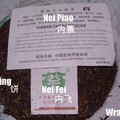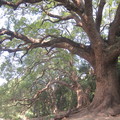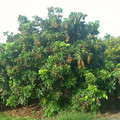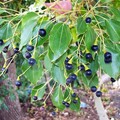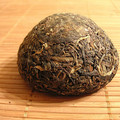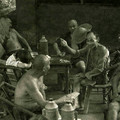Puer Tea Glossary - Zhi Zheng Tea Shop
„hui gan; 回甜 - Hui 回- return, come back, reply. 甜, gan-sweet. Together - sweet return, sweet aftertaste. Used generally to refer to the aftertaste of tea, be it sweet or not.“
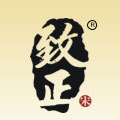
Quotes Tags: Tea infusion, China, Experiencing tea, Pu-erh
- Discussion: 0 comments
- Write a comment
Teas - Pu-erh
HaiWan Wild Tea 99
 0 reviews
0 reviewsYiwu Hai Wan wild tea - special grade (pu-erh.sk favorite) Year: 1999...
2007 Zhen Si Long "Autumn Harvest Yi Wu"
 1 review
1 reviewFall 2007 Harvest * Yi Wu Wild Tea trees * 357 grams Zhen Si Long Tea...
Ancient Puerh
 0 reviews
0 reviewsThis is raw (sheng), aged puerh tea harvested in 2010. The tuocha (tea cake) is made of...
1980's Zhongcha 8653 (HK/Malaysian
 0 reviews
0 reviewsProduced in the mid-late 1980's, these cakes were stored for the first 10-15 years of...
2009 Ripe Puerh Tea Paste "Cha Gao" 25g
 0 reviews
0 reviewsAlmost on the verge of disappearing, Pu-erh tea paste used to be the special tribute to...
2016 Chawangpu Yibang Manguishan Xiao
 0 reviews
0 reviewsLast winter was unusually cold. Many people thought they would have a good harvest the...
Quotes - Pu-erh
„Yunnan Tea Company standardized the trade number for Pu Erh Tea in 1976 for the purpose of export. Each bingcha has 4 digits: the first 2 digits indicate the manufacturing year, the third digit indicates the leaf grade, the last digit indicates the tea factory (e.g. Kun-Ming 1, Meng-Hai 2, Xia-Guan 3, Pu Erh 4). The loose-leaf tea has 5 digits with the third and fourth indicating the class level of raw materials. Examples of early trade numbers for Puerh Tea are 7452, 7562, 7572, 75671, 76563.“
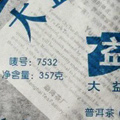
Quotes Tags: Pu-erh, Tea production, Cake, China
Video - Pu-erh
Theme
Teas
Big Green Tree Yiwu 2004
 1 review
1 reviewBig Green Tree Yiwu (special grade) year 2004 is a very nice aged pu-erh still for a reasonable price. The...
2013 Chawangpu Xiao Jin Bing Red Tea 100g
 1 review
1 reviewThis small red tea cake is made from 2012 spring harvest Simao high mountain material. Carefully pressing...
2014 Autumn Mengsong Bamboo Raw Puerh Tea
 1 review
1 reviewThis tea come from autumn 2014 harvest from Mengsong (Menghai), blend of tea from different villages, trees...
Tea by region
We will help you with tea selection.
Do you like quality loose tea?
We will help you to find the right one for you. Be inspired by tea ratings of other tea lovers. Rating stars could help you.


Review your cup of tea.
Review the tea you are drinking and help other tea lovers to find the right cup of tea.






 Shops
Shops Share on Facebook
Share on Facebook






